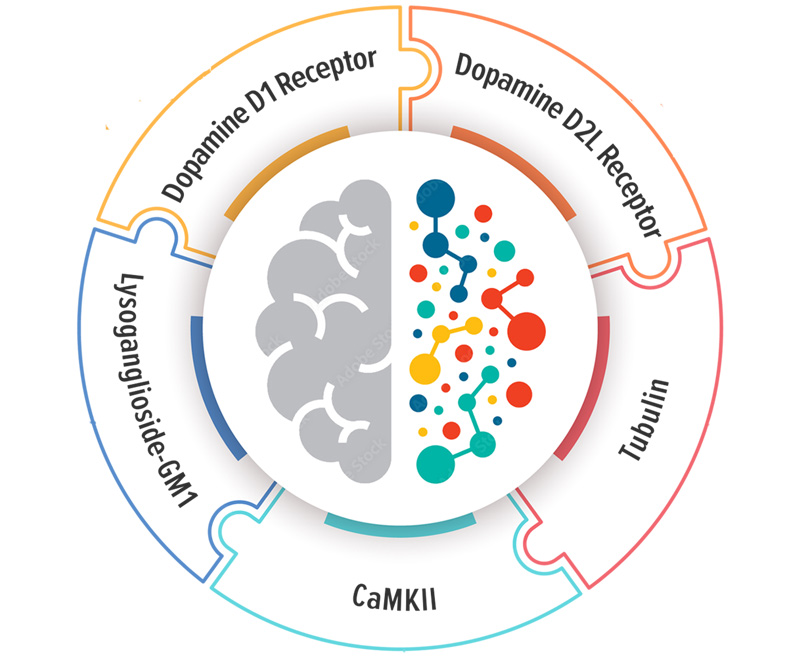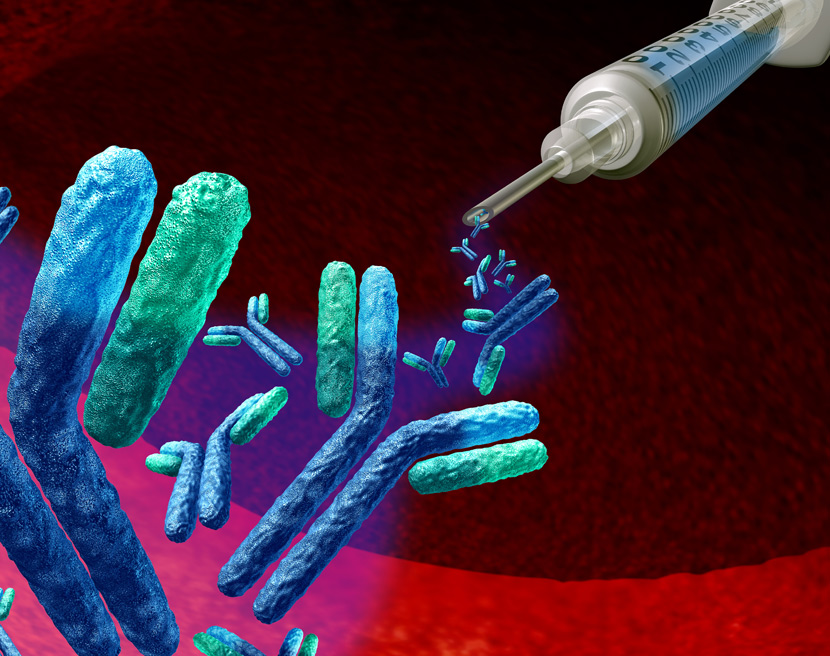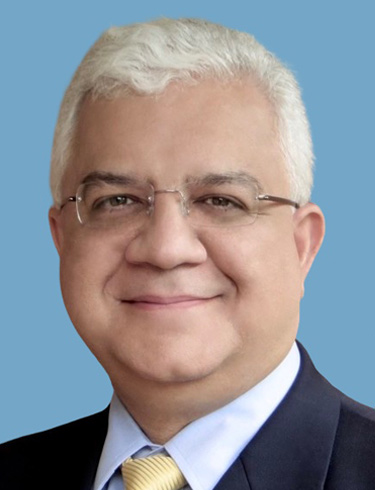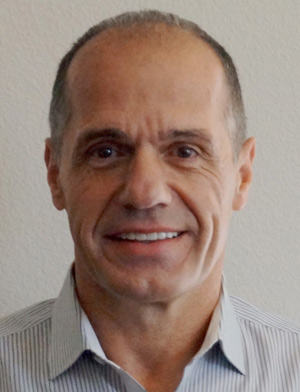Still struggling with treatment-resistant symptoms?
An autoimmune response could be causing your neuropsychiatric symptoms.
In some individuals, common infections (i.e., strep, influenza, mycoplasma, Epstein Barr virus and Lyme disease) can trigger an abnormal immune response, whereby antibodies mistakenly target healthy cells in a specific region of the brain, known as the basal ganglia.
This autoimmune attack can be directed towards dopamine receptors, Lysoganglioside and Tubulin or it can stimulate an enzyme (CaMKII) that regulates production of certain neurotransmitters.
This, in turn, can lead to the onset of neurologic and psychiatric symptoms, which may include obsessions/compulsions, tics, anxiety, depression, attention deficit/hyperactivity, seizure-like episodes, eating disorders, and behaviors associated with autism spectrum disorder.
WHAT HAPPENS?
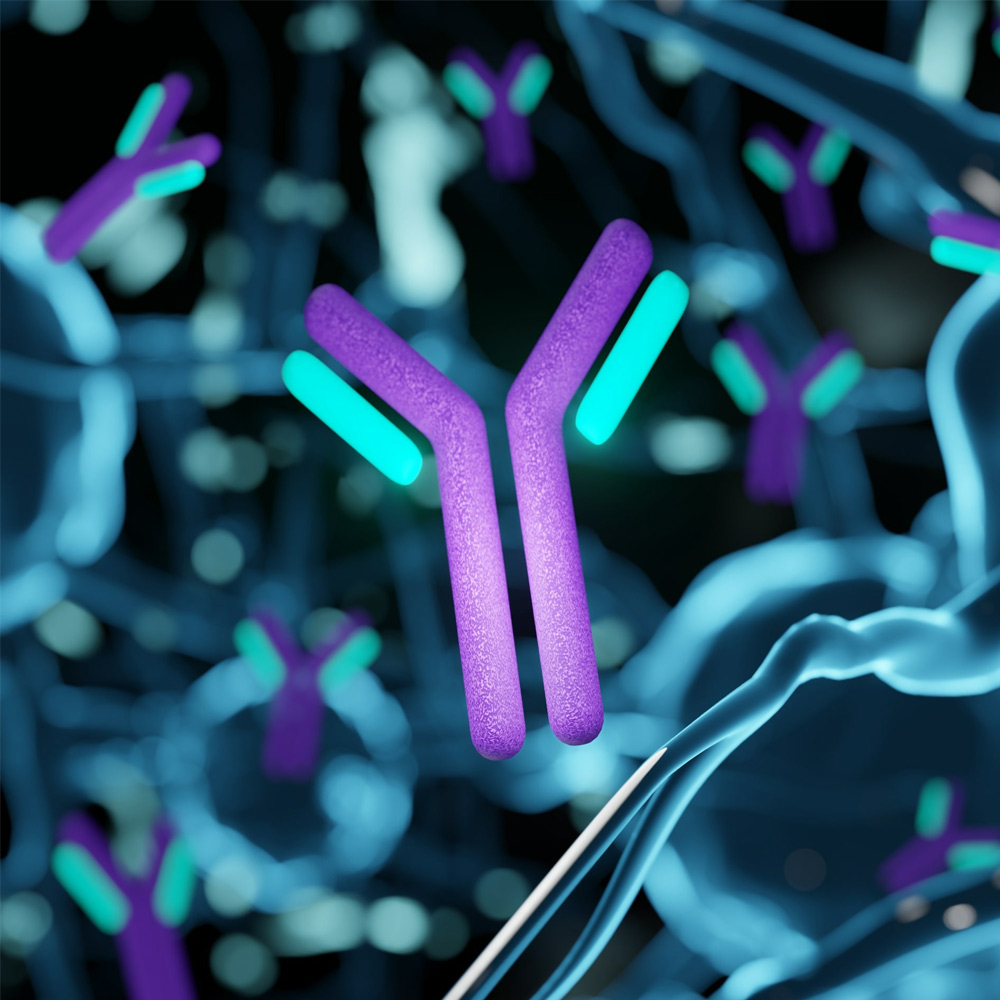
You get
an infection
When an infectious pathogen (bacteria, virus, fungi, parasites) invades the body, the immune system produces antibodies (or proteins) to destroy the harmful organism.
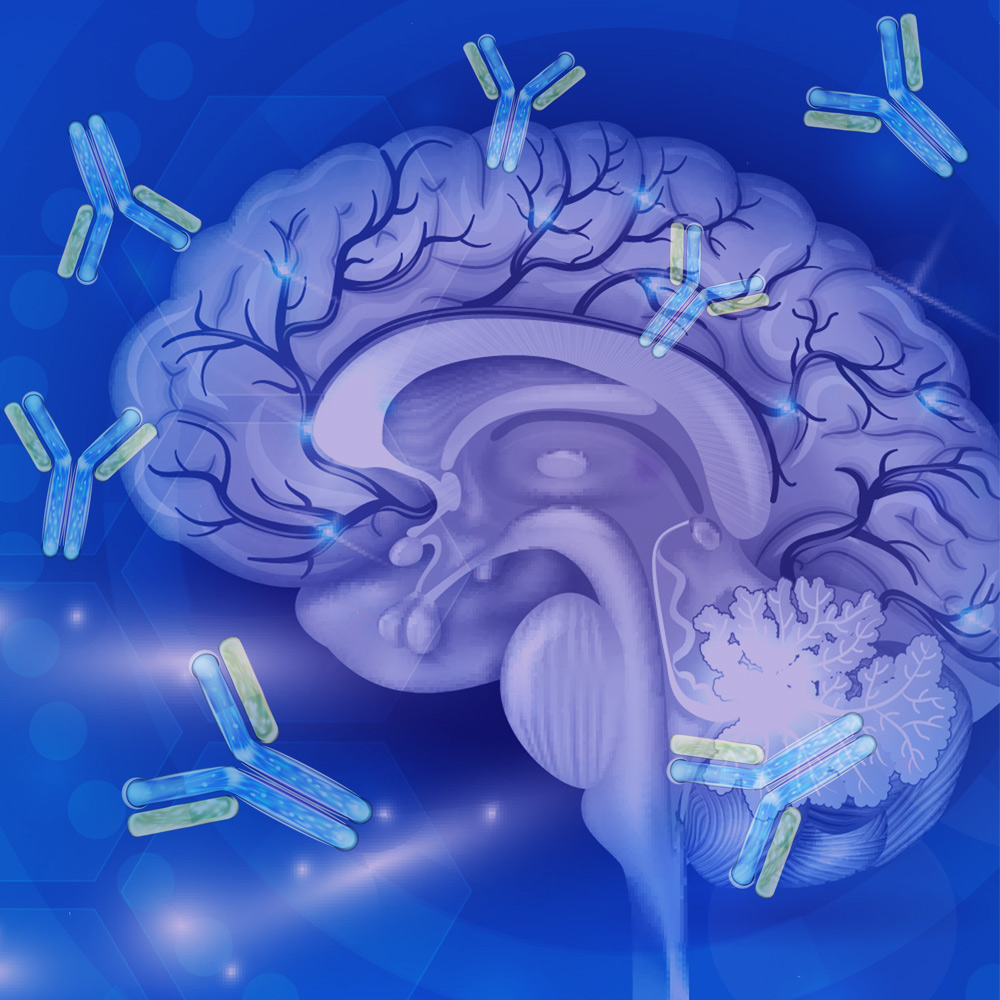
Antibodies mistakenly attack the brain
In some people, the immune system goes awry and produces antibodies that mistakenly target portions of healthy cells in an area of the brain, known as the basal ganglia.

Targeting the
basal Ganglia
These “autoimmune antibodies” can bind to or block neuronal targets (Dopamine D1 and D2 receptors, Lysoganglioside GM-1, Tubulin) in the basal ganglia.

Disrupting how cells function
When autoimmune antibodies are directed against these targets in the brain, it can disrupt the normal function of cells and receptors.

Triggering Brain Inflammation
This autoimmune response can also lead to brain inflammation in the basal ganglia, a region of the brain responsible for movement, emotions and thoughts.

Resulting in Neuropsychiatric Symptoms
This, in turn, can lead to the onset of various neurologic, psychiatric and/or behavioral symptoms including OCD, mood disorders, eating disorders, tics and seizure-like episodes.



